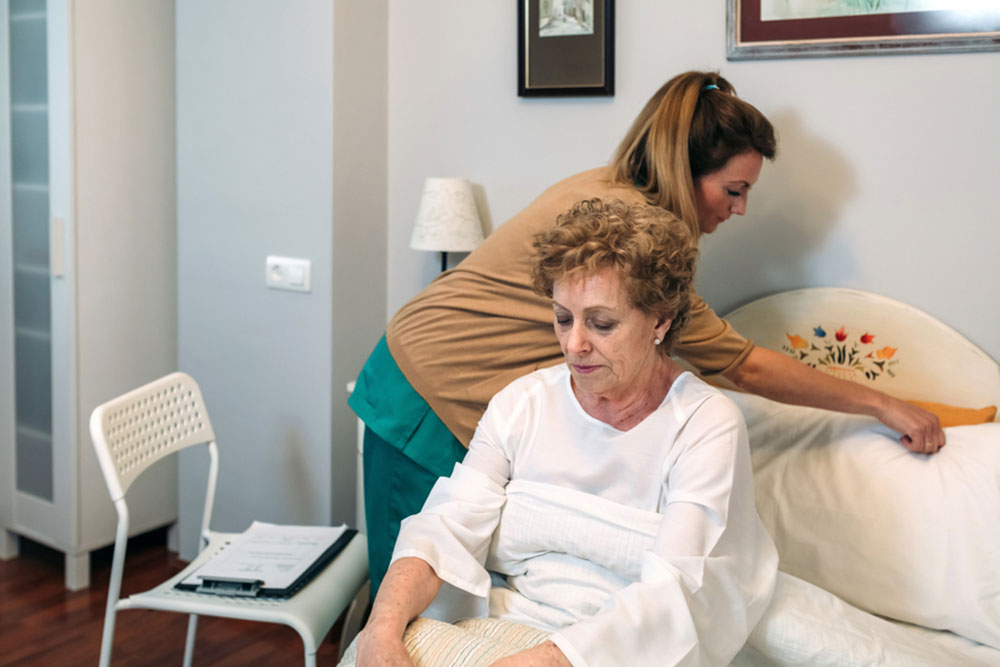Top 6 Advantages of Joining Memory Care Support Groups
Joining memory care support groups offers emotional relief, valuable information, and social connection for caregivers and individuals with dementia. These groups help reduce isolation, build coping strategies, and prevent burnout, fostering a supportive environment whether online or in person. Resources are readily available through healthcare providers and online communities, empowering members with shared experiences and professional insights to navigate dementia care effectively.

Top 6 Advantages of Joining Memory Care Support Groups
Over 48 million caregivers provide unpaid assistance for individuals with Alzheimer’s or other memory-related conditions, as reported by The State of Caregiving Survey from A Place for Mom. This often adds 24 to 32 extra hours weekly, which can be draining. Support groups for caregivers offer an outlet to focus on self-care, share insights, learn from others’ experiences, and find encouragement. These gatherings, whether online or in person, create a supportive environment to discuss coping strategies and emotional challenges.
Benefits of Memory Care Support Groups
Memory care support groups are organized meetings for those affected by dementia or Alzheimer’s—patients, caregivers, friends, or family—providing a platform for shared experiences and advice.
These sessions can be held online, face-to-face, or both, aiming to foster a safe space for discussing challenges and practical coping methods related to dementia care.
Emotional Well-Being
Dementia caregiving can be emotionally taxing. Support groups offer a secure environment where members can vent frustrations and feel understood, bringing comfort, emotional relief, and hope for the future.
Knowledge Enhancement
Many groups feature sessions led by professionals who provide important info on Alzheimer’s and dementia—covering caregiving tips, legal issues, and available community resources.
Strategies for Coping
These groups encourage sharing daily management techniques and coping skills, allowing members to learn from each other and grow stronger together.
Decreased Social Isolation
Caregiving responsibilities can be isolating. Joining a support group enables individuals to connect with others facing similar struggles, reducing loneliness and fostering social bonds.
Empowerment & Confidence
Sharing experiences empowers caregivers, boosting resilience, developing empathy, and helping them assume a more active caregiving role.
Preventing Burnout
Caregiving for Alzheimer’s or dementia is demanding and can lead to stress and exhaustion. Attending support meetings offers necessary breaks, helping caregivers relax and recharge, ultimately improving their care quality.
Finding a local or online memory care support group can be straightforward. Consult healthcare providers, local Alzheimer’s organizations, or search the web. Online groups provide the convenience of participation from anywhere, with many active forums and communities.
Popular online groups include:
Memory People: An online space created by Alzheimer’s patient Rick Phelps for sharing experiences and support among patients and caregivers.
Dementia Caregivers Support Group: A platform that fosters open conversations and emotional support sharing.
The Purple Sherpa Basecamp: Created by a daughter of an Alzheimer’s patient, designed to offer emotional support and reduce stigma.
Alzheimer’s and Dementia Caregivers Support Chat: A lively forum for honest discussions, advice, and humor among caregivers and friends.
Dementia Caregivers Support Group: With over 43,000 members, this group discusses positive caregiving, stress relief tips, and latest treatments.
Caring for Spouse with Dementia: Offers targeted support for spouses handling caregiving dynamics.
Caring for Elderly Parents: Provides a supportive environment for those caring for aging parents, sharing questions and advice.
Note: The information provided about symptoms, treatments, and health conditions is for general informational purposes only. It should not replace professional medical advice. Always consult qualified healthcare professionals for diagnosis or treatment decisions.










